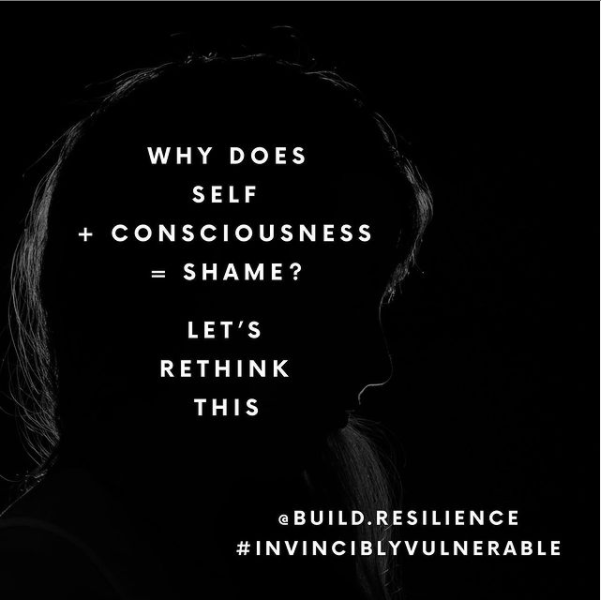Why does self + consciousness = shame?
In a healthy culture, the phrase "self-consciousness" should refer to a person's awareness or consciousness of the reality and nature of the self. It should describe a platform of inner peace, stability and joy where we're fully alive to the marvel of existence.
In our culture, by contrast, being self-conscious means we're absorbed in and ashamed about other people's opinions of how we look or act. And that's not an accident of language - this meaning accurately reflects the way our culture encourages us to understand the self. And that's deeply messed up and destructive to our mental health.
I'm not big into making up new words for things, but we need some way to communicate about a state of actual self-consciousness - because if we have no words for it, how can we encourage each other to get back there?
How about self-remembrance?
For anyone who's tracking my very long and involved captions (I see you!), we're working slowly towards an answer to the question I posed last week - what is the relationship between empathy, perspective and resilience? How does a resilient person respond to the pain of other people, and to their own pain?
Well, we need to know what resilience is first, and I'll let you in on a secret - I didn't start this account because I already had the answer. I started it because I needed some people to hold me accountable to go find it.
So over the last couple of months of hashing it out, I think we've found our way to a working definition: resilience is a measure of a person's ability to remain in or return to a state of self-remembrance.
Or, if we reclaim the phrase, we could say resilience is self-consciousness.
Throw a comment if this resonates with you, or let me know what you think - why do you think "self-consciousness" communicates shame?

